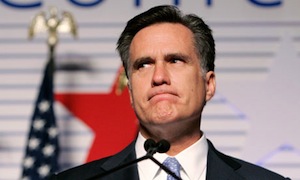Micah Zenko on Op-Ed militarism:
There is no body of civilians that more consistently makes unrealistic demands for the use of military force than editorial boards and opinion-page writers of major American news outlets. These appeals range from full-blown cockamamie schemes to semi-practical, tactical uses of force to resolve complex and enduring political problems of debatable relevance to U.S. national interests. This practice is a bipartisan exercise, ranging from the quixotic militarist, Nicholas Kristof, to the military-planning staff embedded inside the Wall Street Journal editorial page.
…Having read hundreds of these “tactics-first” proposals for using the U.S. military over the past fifteen years, two underlying themes is that the authors are impatient and the current nonmilitary strategy is not having a demonstrable impact. There is a cognitive bias called hyperbolic discounting, which is defined as “the tendency for people to increasingly choose a smaller-sooner reward over a larger-later reward as the delay occurs sooner rather than later in time.” I suspect that the desire to resolve an enduring problem in the near term explains many of these tough-guy (or girl) proposals. Given that it costs nothing to propose sending someone else to bomb or occupy another country, it’s the least tough and most thoughtless thing for someone to write. Why should we take these proposals seriously?
Zenko also notes that Robert Gates, in his memoirs, writes “In more than twenty years of attending meetings in the Situation Room, my experience was that the biggest doves in Washington wear uniforms.”
I’ve noted previously how interesting it is that most military leaders are, for example, against going to war with Iran, while naive politicians and their surrogates in the major newspapers push and push and push for the “military solution.” We see the same kind of thing with Syria: a flood of commentary about how we ought to launch a war to oust Assad and eliminate Iran’s main ally in the region, contrasted with sober reckonings about why we shouldn’t intervene from top military brass. It says quite a bit about how militarized the civilian elite are in this country and how irrepressibly pugnacious our political discourse has become.





